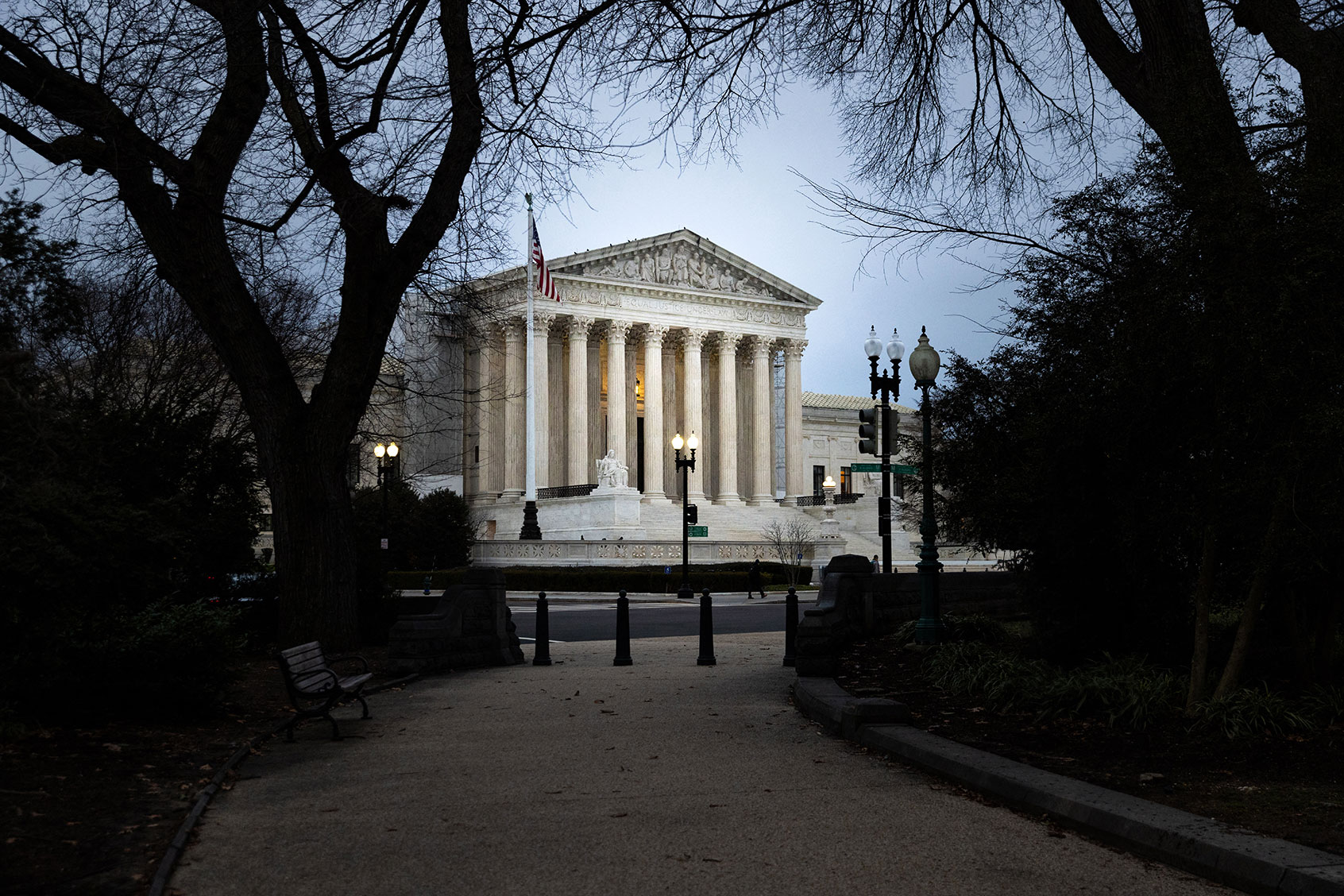I’d like to take Alabama’s Chief Justice Tom Parker out for coffee and talk to him about his recent claim that frozen embryos are children, too. Alabama’s Supreme Court recently and wrongly ruled embryos – in or out of the uterus – are children, and that destroying them is “an affront to God.”
I’d share with Justice Parker the trauma and expense my own daughter and her husband endured in their efforts to have children. I’d tell him how my daughter had four embryos implanted, yet, she only has two children. I’d explain in the simplest terms possible how it is that every month women all over the world slough off embryos that do not implant. I’d explain how my daughter sloughed off embryos that were surgically implanted at $30,000 a pop. I’d share with him how these sloughed-off embryos are then flushed down the toilet along with urine and the remains of menstrual flow because clearly Parker and the rest of the Alabama Supreme Court have no idea how a woman’s body functions, or how fertility works, or the emotional and financial chaos that results from lawmakers (mostly white men) making reproductive decisions for women.
The 1927 decision denies women the right to bear children, while the 2022 decision forces women to bear children.
But I doubt that Parker would join me for coffee. He’d mark me, a woman of his same Christian faith, a heretic with a liberal agenda. I wonder whether men like Parker ever listen to women on any matter.
The reality is that lawmakers like Parker ascribe to a theology that gives them the authority to rule over women in every area of a woman’s life, but particularly when it comes to reproduction. This theology of patriarchy has undergirded our legal system for over a century.
Consider the case of Carrie Buck.
She was a foster child from Virginia, seventeen and pregnant, the result of a rape by the nephew of her foster parents. To protect their nephew, the foster parents took Carrie to court, had her declared “unfit” to mother, claimed her infant daughter as their own, then had her imprisoned.
Her only crime? Being born a girl into poverty. That alone ensured her voice would never count in a court of law. So, when then Chief Justice Oliver Wendell Holmes and the U.S. Supreme Court ruled that she should never again bear a child, Carrie was surgically sterilized.
She never birthed another baby.
While hers was not the first forced sterilization carried out by the State of Virginia, it was the legal case that would grant all states permission to forcibly sterilize whomever they determined unfit.
I first read about forced sterilizations in a 2020 article in the Atlanta Journal Constitution. Dawn Wooten, a former nurse at an ICE Detention Center in South Georgia, reported that a doctor working for the center was sterilizing women without their consent or even their knowledge. Wooten’s a former nurse because after becoming a whistleblower, this mother of five lost her job. After human rights groups filed suit on behalf of these detainees, it was discovered that the doctor performing these sterilizations wasn’t even a board-certified OB-GYN.
We need your help to stay independent
People are often shocked to learn that such barbaric treatment of women is still allowable under federal law, but the truth is when it comes to reproductive rights, just as with the recent Alabama ruling, the courts have long treated women as second-class citizens. Abortion was legal and an accepted practice in the U.S. until the latter 1800s when Horatio Storer, a surgeon with a strident concern about Catholic immigrants having more babies than white Protestants, took his convictions to the American Medical Association (AMA) and pushed them to criminalize abortions. The then all-male AMA was keen to target women practitioners and midwives providing abortion care.
Women would not be granted the liberty to make decisions regarding our own reproductive health until 1973 when the Supreme Court affirmed Roe v. Wade as the law of the land. But in a society where patriarchy undergirds our law-making institutions, such liberties were short-lived.
I was 17, the same age as Carrie, when I checked into the maternity ward of a Georgia hospital in 1974 to have an abortion. The black woman who shared my room was in her early 50s. Already a mother of eight, she said she could not physically handle another pregnancy. We had choices, choices that women in Georgia today, and many other states no longer have, owing to the Supreme Court’s 2022 Dobbs decision overturning Roe. In rendering that decision, the Supreme Court;s slight majority determined that the Constitution’s ratifiers (all men of a certain demographic) never intended to grant reproductive liberty to women, otherwise, they would have specifically stated so.
Both the 1927 Buck v. Bell decision and the 2022 Dobbs decision grant state lawmakers rights over women’s reproductive health. These laws, just as with the Alabama ruling, are common in their intent to deny women body autonomy. The 1927 decision denies women the right to bear children, while the 2022 decision forces women to bear children. They are both designed specifically to subjugate women to male authority.
The Supreme Court of the United States is fallible. History is replete with sorrowful stories like Carrie Buck’s. Who we elect matters. We need to do a better job as voters educating ourselves about the policies our elected leaders support, and how those policies will affect not only our daily lives but the lives of the poorest and most vulnerable among us.
When we vote, we need to keep in mind girls like Carrie Buck.
Read more
about this topic

